10 reasons managed print is right for any size of business
There's a perception that managed print is just for big business. We explain why it's suitable for all

While Managed Print Service (MPS) is often associated with larger enterprise, the benefits scale down for smaller businesses as well. By outsourcing your document workflow and printer management, with one company providing hardware, consumables, strategy and support, it's possible to reduce costs dramatically, cut down on waste and improve your company's productivity. Sounds good? Well, here are ten more detailed reasons to consider MPS.
1. Reduce your printer count
When you implement MPS, the process starts with an analysis of your existing setup. Does one team need a photocopier and a laser printer when a multi-function printer could do the same job with fewer consumables and a lower energy bill? Are those compact personal printers being used by managers really necessary, or could you save money by opting for more cost-efficient workgroup models? Are separate colour and monochrome printers a better fit for one team than a single colour laser? Your MPS provider can help you answer these questions with hard data, and reduce your printer count significantly, with cost savings to match.
2. Cut down on waste
With the right hardware, management tools and strategy, MPS can transform the way your business prints, setting up hardware and software so that fewer print-jobs end up with wasted paper, and so that features like duplex printing or pull-print where the job only prints once the user authorises it at the printer become the norm. The result? Less wasted ink, less wasted paper and a lower environmental impact.
3. Consolidate your hardware, your consumables and your support
With one hardware and consumables vendor you benefit from having common features and controls, plus having just one source of consumables and a single contact to deal with should anything go wrong. The buck stops with them.
4. Your consumables headache is gone
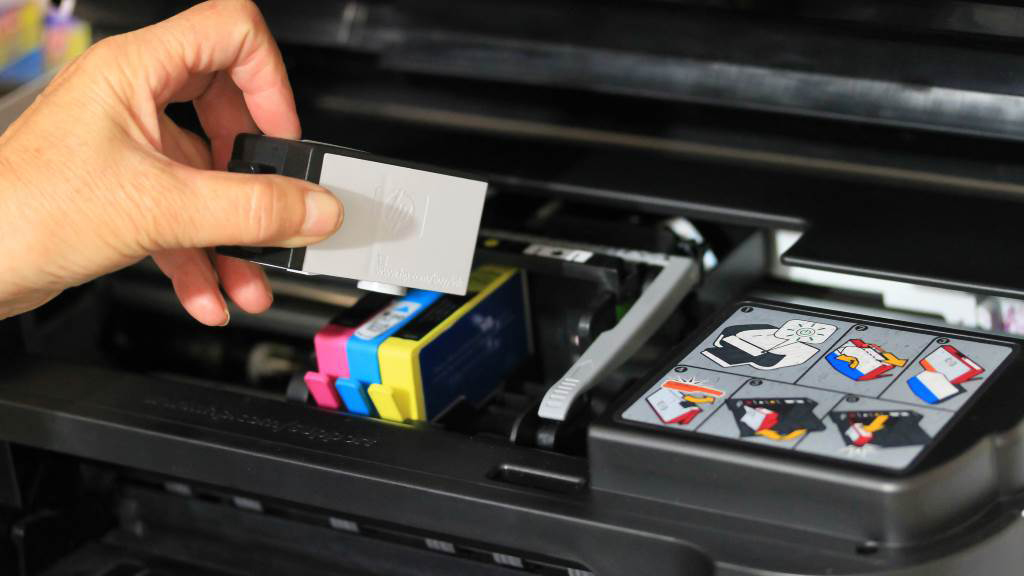
There's no need to monitor supplies if ink, toner or maintenance kits. Procurement happens automatically, and at a highly competitive cost. With a good MPS provider you'll also get high-quality, original supplies, ensuring great prints and maximising reliability.
5. Make costs predictable
MPS tracks hardware costs and makes them predictable, so that you're no longer hit with huge investments or a large and unexpected hardware bill. You can lease hardware instead of buying it, ensuring that you're never stuck working with end-of-life products that let you down. With MPS, you know what you're spending every month.
6. Free your support team if you have one
Smaller business have smaller IT support teams, and sometimes no dedicated IT support at all. Adopt MPS and all the support calls and all the time spent managing and replacing consumables disappears. With on-site support and response times that can be as short as four hours, you can keep disruption to a minimum, and free your support team to focus on more business-focused tasks.
7. Develop a print strategy and stick to it
Real-time analysis is a major plus-point of MPS. A good provider can give you regular reports, enabling you to tweak your workflow, look again at your hardware requirements, and check that end-users are using your resources effectively. Are certain users hogging a workgroup printer, or wasting ink and paper in personal use? Are they adhering to your policies for duplex printing, colour printing or printing at draft quality? With the right management tools and expertise, MPS can help you find out and take control. In the end, MPS isn't just about printers and consumables; it's about developing a strategy to match your changing needs. If you want to adopt mobile devices, new information workflows or cloud computing, your MPS can adapt to support your plans.
8. Minimise downtime
Paper-feed problems, ink and toner shortages, driver problems and breakdowns are all issues that you don't want to deal with, least of all when you have urgent deadlines. With MPS, downtime is minimised. It's your provider's responsibility to ensure that your printers and multi-function devices are in tip-top working order, and that you have all the consumables they need. If they aren't or you don't, then it's their job to fix that situation fast.
9. Improve security
One of the problems with unmanaged print is that it's all too easy for users to print sensitive documents and leave them lying in the printer tray. Chances are, you'll never know. With MPS, management tools make it easier to track print jobs and encourage secure practices, including pull print. The whole strategy helps users to think about what they're printing, how they're printing it and why.
10. Reduce your printing costs
The net effect of so many of these benefits should be a significant reduction in printing costs. You'd be surprised how many companies don't really track the costs of printing, and how much they could save with a different strategy. MPS puts all the pieces together to help your business cut its expenditure on printing. According to a study by US consultancy, Photizo group, companies that implement MPS reduce their printing costs by an average of 30%.
For more advice on transforming your business, visit HP BusinessNow
Get the ITPro daily newsletter
Sign up today and you will receive a free copy of our Future Focus 2025 report - the leading guidance on AI, cybersecurity and other IT challenges as per 700+ senior executives
Barry Collins is an experienced IT journalist who specialises in Windows, Mac, broadband and more. He's a former editor of PC Pro magazine, and has contributed to many national newspapers, magazines and websites in a career that has spanned over 20 years. You may have seen Barry as a tech pundit on television and radio, including BBC Newsnight, the Chris Evans Show and ITN News at Ten.
-
 Should AI PCs be part of your next hardware refresh?
Should AI PCs be part of your next hardware refresh?AI PCs are fast becoming a business staple and a surefire way to future-proof your business
By Bobby Hellard
-
 Westcon-Comstor and Vectra AI launch brace of new channel initiatives
Westcon-Comstor and Vectra AI launch brace of new channel initiativesNews Westcon-Comstor and Vectra AI have announced the launch of two new channel growth initiatives focused on the managed security service provider (MSSP) space and AWS Marketplace.
By Daniel Todd
-
 Help skilled workers succeed with Dell Latitude 7030 and 7230 Rugged Extreme tablets
Help skilled workers succeed with Dell Latitude 7030 and 7230 Rugged Extreme tabletswhitepaper Help skilled workers succeed with Dell Latitude 7030 and 7230 Rugged Extreme tablets
By ITPro
-
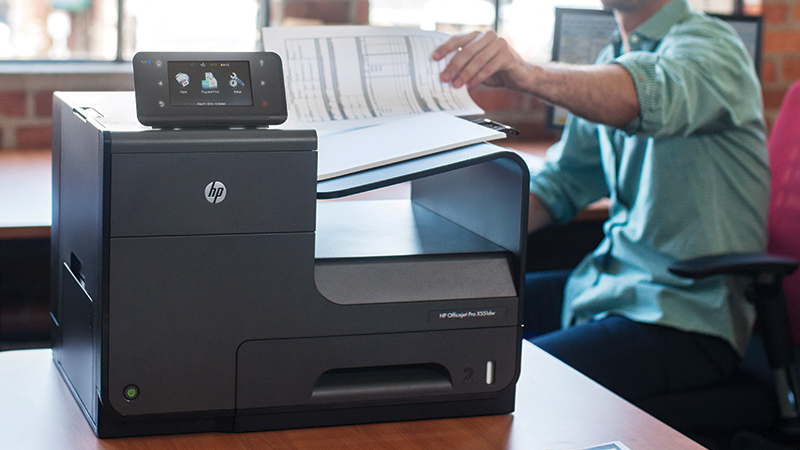 Laser printers vs Inkjet: Which is best for the workplace?
Laser printers vs Inkjet: Which is best for the workplace?In-depth You should always use a laser printer over an inkjet for business, right? Not necessarily
By Clare Hopping
-
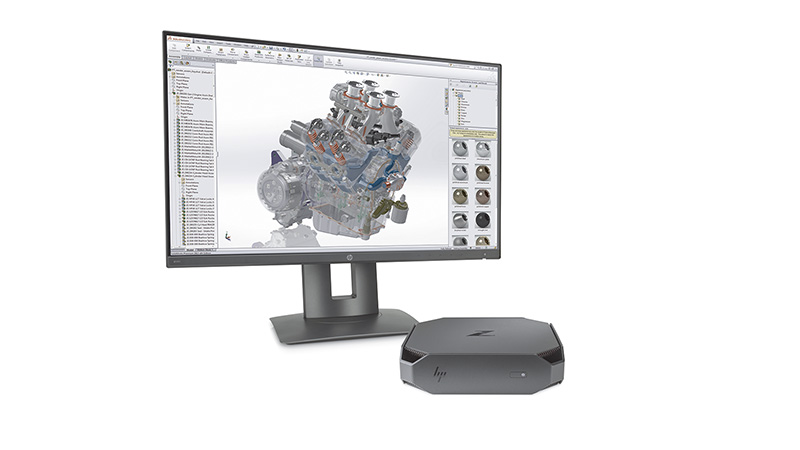 Big data, no problem
Big data, no problemSponsored When it comes to crunching data there's no such thing as too much power.
By Fidel Williams
-
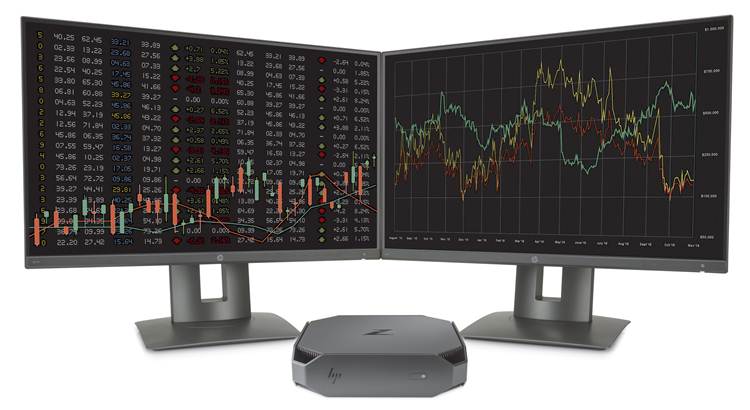 Big power in a small box
Big power in a small boxSponsored Crunching huge amounts of data needs a very powerful workstation.
By Fidel Williams
-
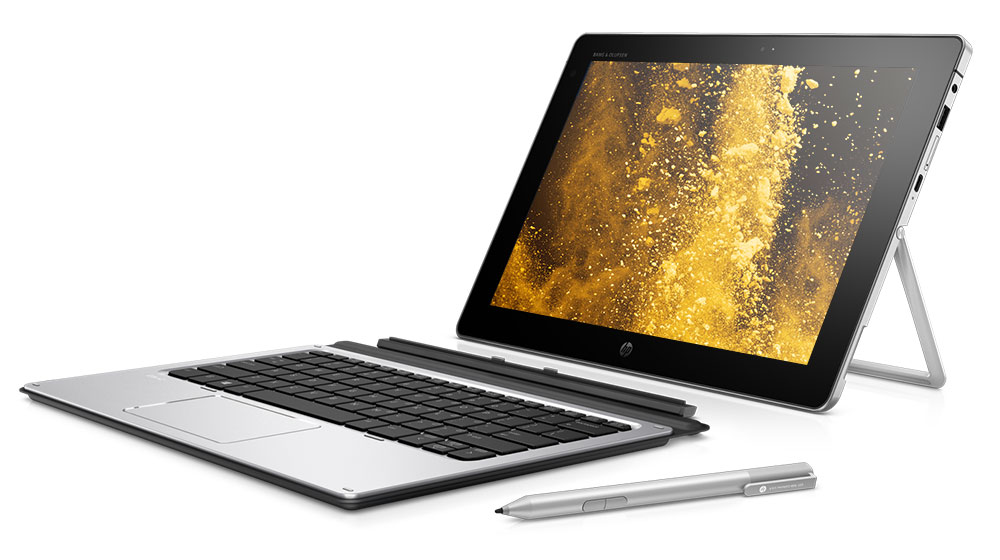 Making the move to a 2-in-1 device
Making the move to a 2-in-1 deviceSponsored Is HP's flagship 2-in-1 the ideal device for a busy, mobile business user?
By Jessica Ryan
-
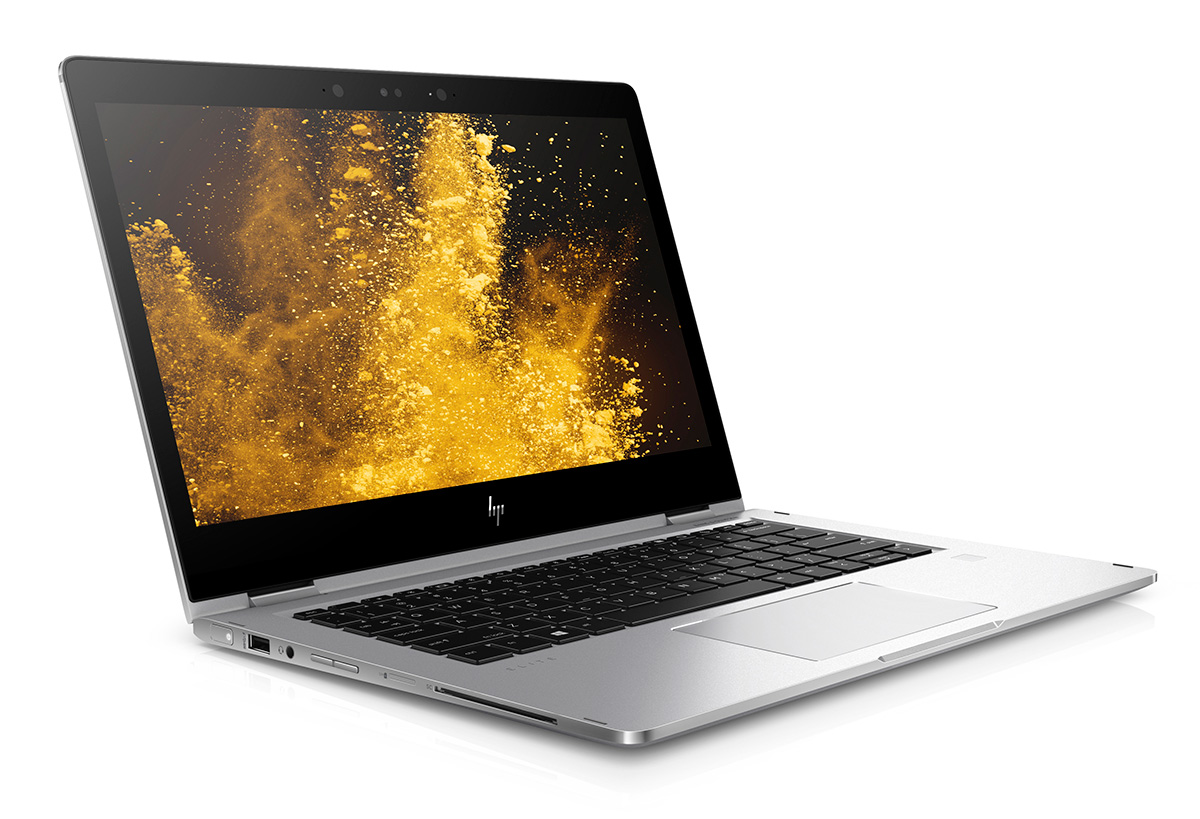 Living with a convertible laptop: part 1
Living with a convertible laptop: part 1Sponsored No more carrying a laptop and tablet, it's time to try something new.
By Riyad Emeran
-
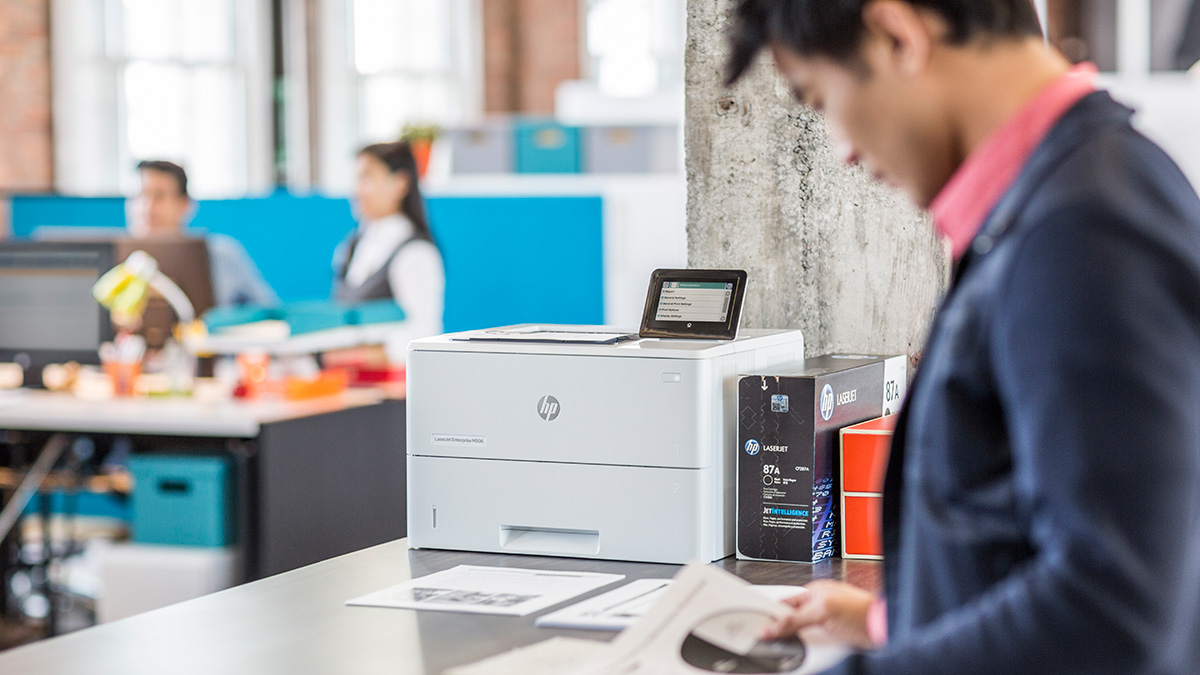 The evolution of managed print services
The evolution of managed print servicesSponsored The way we work is changing, and so is MPS.
By ITPro
-
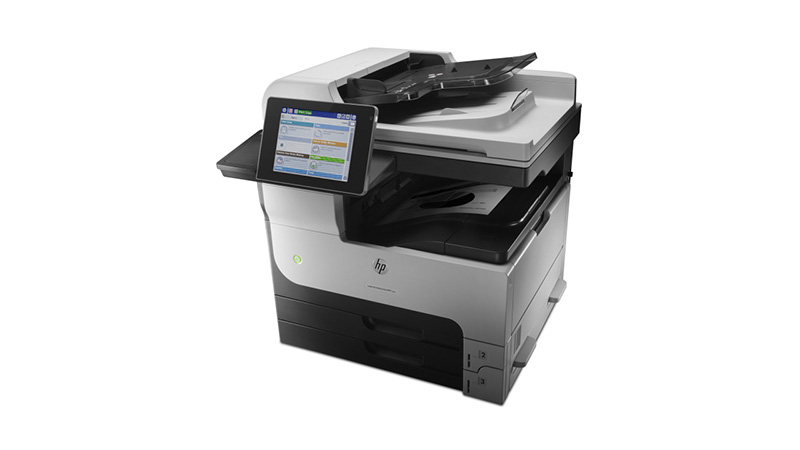 It's time to dump your photocopiers
It's time to dump your photocopiersSponsored If your business is still running a fleet of copiers, you should consider HP's new A3 MFPs instead.
By ITPro
